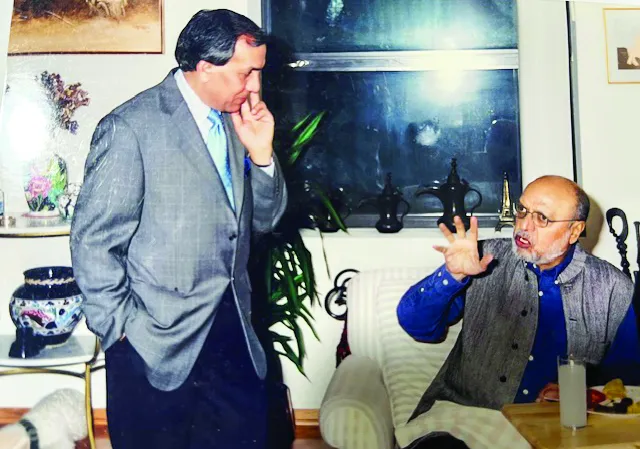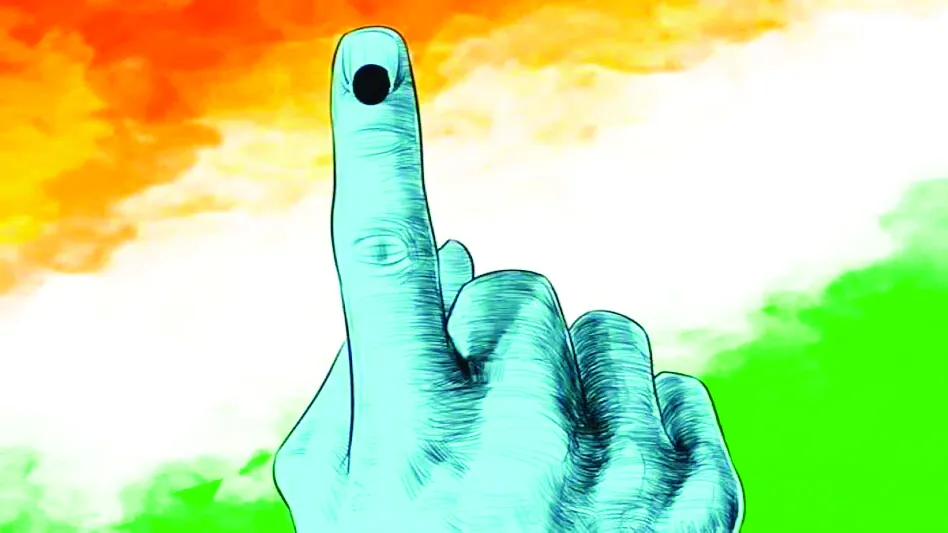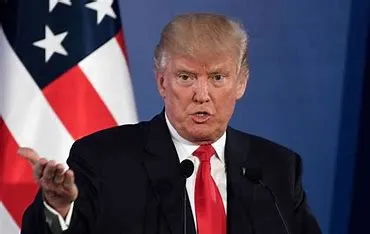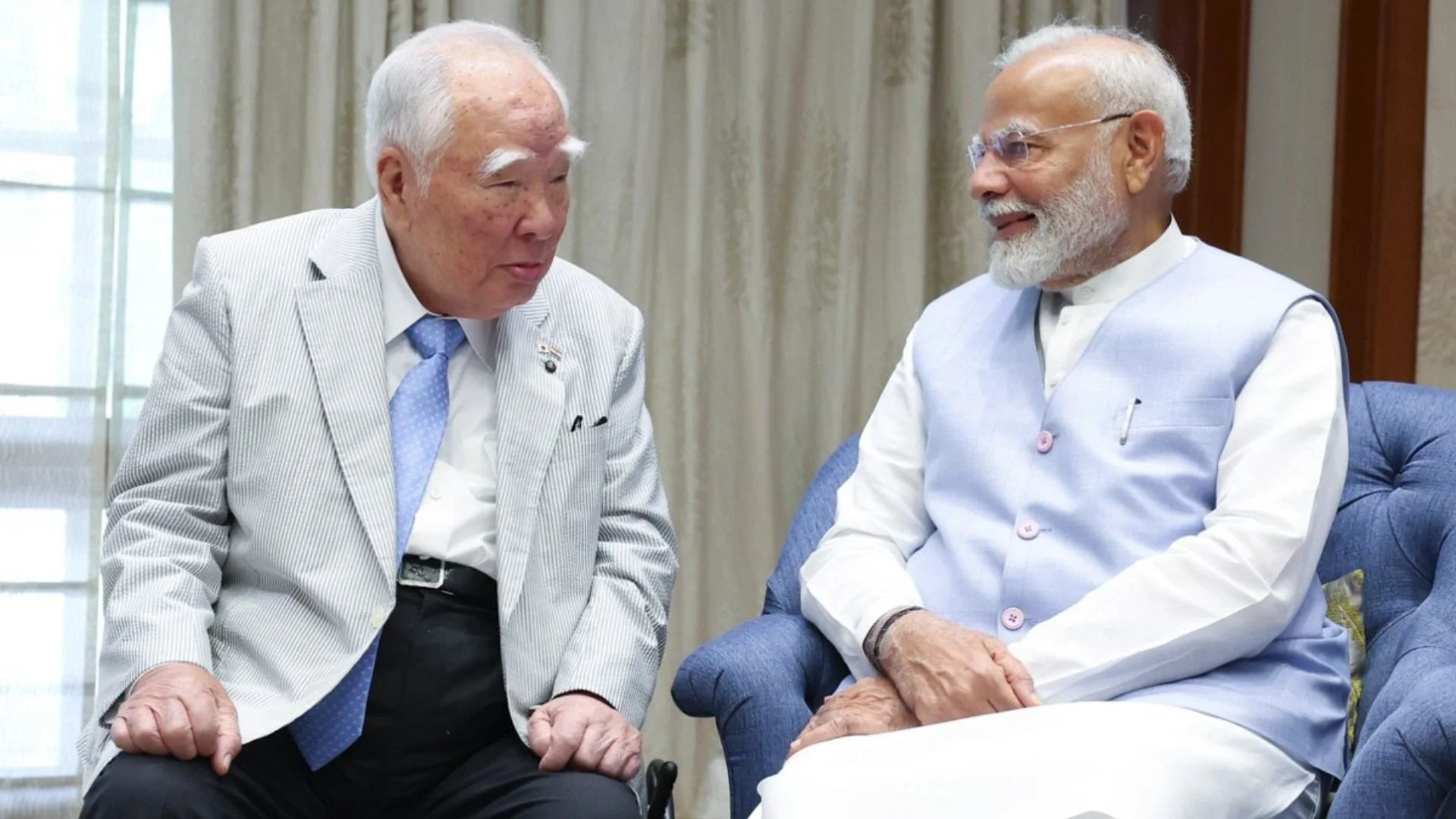Since 1940, the Uniform Civil Code has remained quite sensitive and controversial, which we discussed yesterday in this column. Today we will try to look at the politics on UCC. It seems that there is no consensus on UCC among not only different political parties but the ruling party BJP and its parent organisation RSS too. BJP is claiming that UCC has remained its one of the prime agenda since beginning but there is no continuation in its policy as well as manifestos since Jan Sangh period. Look at the track record.
The Journey of UCC in Manifesto
In a party document, ‘Policies and Manifesto-1967, Jan Sangh mentioned for the first time that a Uniform Civil Code will be enacted to govern the laws of marriage, adoption, inheritance, etc. for all Indian citizens.’ There was no mention of it in 1971 and 1972 manifestos! Bharatiya Jan Sangh contested 1977 Lok Sabha election on the symbol of Lok Dal and there was no mention of UCC in the manifesto. Even in 1980, with Janta Party the UCC was kept aside. The Bharatiya Janta Party came in the existence in 1980, but there were no mention of UCC in their manifestos of 1884 & 1989. BJP declared in its manifesto of 1991: “We will appoint a Law Commission to study various civil laws-ancient, medieval and modern-to evolve a Common Civil Law for the whole country to give our citizens a feeling of unity and brotherhood.” It reiterated in 1996 saying that the BJP is committed to Article 44 of the Constitution. We will adopt a Uniform Civil Code which will be applicable to every community and foster a common Bharatiya identity, apart from ensuring gender equality. Regressive personal laws will cease to have legal validity.
It is to be noted that even after such commitment, there was no mention of UCC in BJP’s 1998, 1999, 2004, 2009 manifestos! Yes, again BJP brought it back in its manifesto of 2014, which shows “Article 44 of the constitution of India lists Uniform Civil Code as one of the Directive Principals of state policy. BJP believes that there cannot be gender equality till such time India adopts a Uniform Civil Code, drawing upon the best traditions and harmonizing them with the modern times.” Finally, in its manifesto of 2019, BJP says, “Article 44 of the Constitution of India lists Uniform Civil Code as one of the Directive Principals of state policy. BJP believes that there cannot be gender equality till such time India adopts a Uniform Civil Code, which protects the rights of all women, and the BJP reiterates its stand to draft a Uniform Civil Code, drawing upon the best traditions and harmonizing them with the modern times.”
Is RSS in favour of UCC?
Recently RSS Joint General Secretary Dattatreya Hosabale has said that there should be a public debate on the Uniform Civil Code. At the same, he left it to the government to decide if it was time to bring a bill on it or not! The RSS is the ideological mentor of the Bharatiya Janata Party. Hosabale added that, “Uniform Civil Code was mentioned in the Constitution under the Directive Principles of State Policy, but the architects of the Constitution never recommended a time frame to implement it. We have to educate people about it first. There should be a proper public debate about it as it helps in clearing perceptions.” All these show that there is no clear cut consensus between BJP and RSS for implementation of UCC.
Centre cannot direct Parliament to frame or enact any law on UCC
UCC was proposed twice, in November 2019 and March 2020 but was withdrawn both the times without introduction in parliament. The bill is reported to be contemplated due to differences between BJP and RSS. It faces opposition primarily from Muslims, Indian left and conservative section of Hindus as a threat to religious freedom. While BJP continues to defend it as a modern and scientific way of living. Meanwhile, the Supreme Court last month sought a ‘comprehensive response’ from the Centre on a batch of petitions seeking a direction to the government to frame religion and gender-neutral uniform laws for divorce, adoption, guardianship, succession, inheritance, maintenance, marriage age, and alimony. The top court said whether such a direction in the form of a writ of mandamus can be issued to the legislature for framing laws would be a ‘basic question’. The Centre in its reply said, “It could not direct Parliament to frame or enact any law on Uniform Civil Code in the country. The Ministry of Law and Justice in its affidavit stated that the matter of policy is for the elected representatives of the people to decide and no direction in this regard can be issued by the Centre. It is for the legislature to enact or not to enact a piece of legislation.”
There is a silent exercise is going on to find out the way to create an atmosphere for UCC. Look at the instances and political developments. After independence, in the beginning of the twentieth century, the demand for a Uniform Civil Code was first put forward by the women activists. The objective behind this demand was women’s rights, equality and secularism. UCC emerged as a crucial topic of interest in Indian politics following the Shah Bano case in 1985. In this case, a divorced Muslim woman was brought within the ambit of Section 125 of Code of Criminal Procedure, 1973 by the Supreme Court in which it was declared by the Apex court that she was entitled for maintenance even after the completion of Iddah period. The debate arose when the question of making certain laws applicable to all citizens without abridging the fundamental rights to practice religious functions. The debate then focused on the Muslim Personal Law, which is partially based on the Sharia Law, permitting unilateral divorce, polygamy and putting it among the legally applying the Sharia law. Thereafter in 1995, In the case of Sarla Mudgal v. Union of India, Justice Kuldip Singh reiterated the need for the Parliament to frame a Uniform Civil Code, which would help the cause of national integration by removing contradictions based on ideologies.
Therefore, the responsibility entrusted on the State under Article 44 of the Constitution whereby a Uniform Civil Code must be secured has been urged by the Supreme Court repeatedly as a matter of urgency. In the case of Lily Thomas v. Union of India in 2000, the Supreme Court said it could not direct the centre to introduce a UCC. In 2015, the apex court refused to direct the government to take a decision on having a UCC. In 2016, Prime Minister asked the Law Commission to examine the issue of ‘Triple Talaq’. Triple Talaq (Talaq -e- biddat) was declared unconstitutional on 22 August 2017.
This is a conflict between ideologies. Our constitution mandates that India is a secular state. Secularism to some signified that religious communities are free to follow their religion prescribed codes in matter of family laws pertaining to marriage, divorce, adoption, etc. Even disregarding the constitutional mandate of gender equality. Implementation of UCC is important and in the direction of secularism, but the announcement of UCC implementation at the time of assembly election is a politically motivated move, not ‘JUSTICE to ALL, APPEASEMENT to NONE ’ as BJP claims.
Sudhir S. Raval is a veteran journalist and columnist from Gujarat and Consulting Editor with iTV Network, New Delhi.























